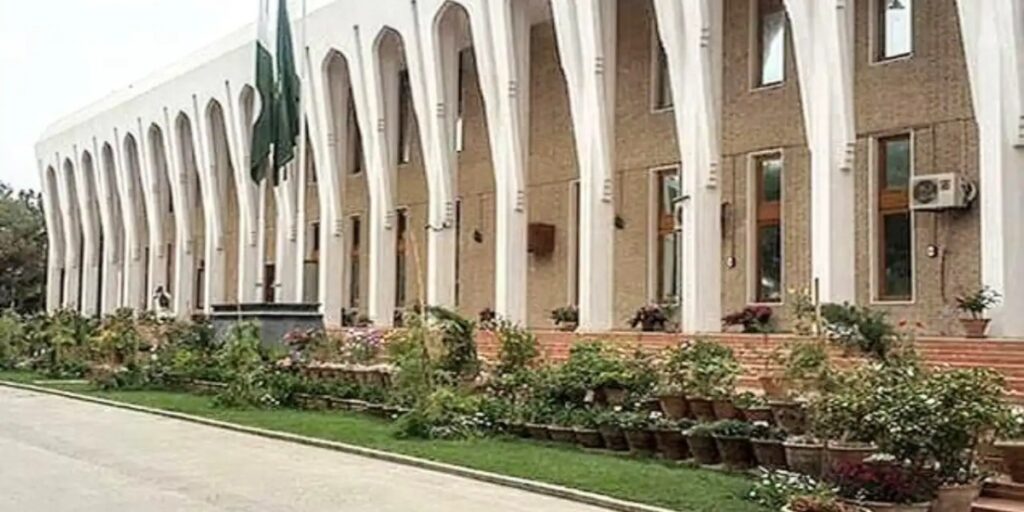Quetta – The Balochistan High Court has expressed strong displeasure over the provincial government’s handling of gas supply in the province and ordered the submission of a detailed report.
During the hearing on gas distribution, the court stated that any discriminatory approach towards Balochistan in the provision of gas would not be tolerated.
Referring to a report by the Sui Southern Gas Company Limited (SSGCL), the court observed that Balochistan receives only 60 MMCFD of gas, while Punjab gets 407 MMCFD and Sindh 198 MMCFD.
The judges remarked that this situation violates Article 158 of the Constitution, which guarantees equitable distribution of natural resources among provinces.
The court directed the Chief Secretary to provide district and tehsil-wise details of gas supply and to brief the bench in the next session regarding progress made with the federal government.
In light of the approaching winter season, the court also ordered an increase in gas pressure for Quetta.
The next hearing is scheduled for 4 November 2025.
Balochistan, despite being a major producer of natural gas in Pakistan, has long faced complaints of inadequate supply and discriminatory treatment compared to other provinces.
Discovered in Sui in 1952, Balochistan’s gas fields have fuelled the country’s industrial and domestic sectors for decades, yet local residents often face severe shortages, particularly during the harsh winter months.
Article 158 of the Constitution clearly states that the province where natural gas is produced has the first right over its consumption, but in practice, this provision has often been overlooked.
The issue has led to political resentment, protests, and frequent court interventions.
Successive governments have promised to address the grievances but with limited progress.
ALSO READ: Gas connection ban lift hailed as welcome decision” by MNA Jamal Shah
The High Court’s latest directives highlight the urgency of ensuring fair distribution and adequate supply to Balochistan, especially to Quetta and other cold regions, where gas shortages force residents to rely on unsafe and costly alternatives for heating and cooking.





